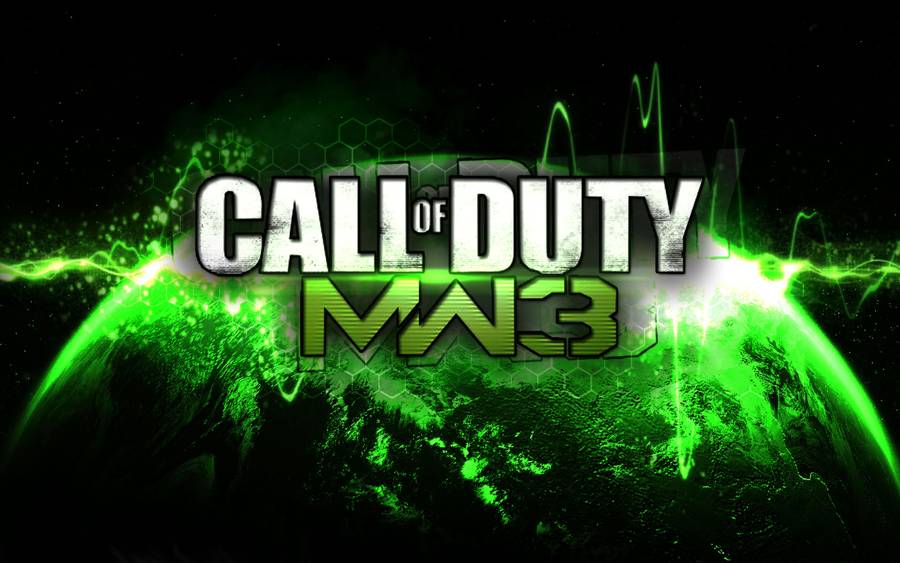

If you've been reluctant about diving into these critically acclaimed RPGs, they're honestly not as intimidating as you might think. If anything, we're the ones so spoiled by recharging life meters, glowing waypoints, and endless, gentle nudging—design trends popularized over the previous console generation—that the concept of a truly challenging game has become downright terrifying.
That said, if you're looking to dip your toe into the vast, deadly ocean known as Dark (and Demon's) Souls, the first part of this guide contains all-purpose strategies to help you come to terms with the demands of all three games, while the second part offers the suggested order through which you should tackle this unofficial trilogy. So read on, and praise the sun!
The biggest secret of the Souls series? It's actually not impossibly hard! True, you'll die a lot in any of the games, but with every death, you'll gain a little more wisdom—in your own head, not your character's. Treat every death as a learning experience, and not just a temporary setback. Each time you meet an unfortunate end, Souls is telling you your current strategy just won't work—and the series offers few ways to brute force yourself past sticking points. And, even when you die, each game gives players one chance to pick up dropped souls—the currency used for everything—provided you reach the spot where you last keeled over. Even so, there'll be plenty of times you'll forever lose enough to make your heart sink—but Souls games tend to provide more of their primary resource than you'll ever actually need. Just make sure you're capable of coping with loss before you sit down to play any of them. (It's a very Buddhist approach.)
If you're the kind of person who's willing to restart a game after 20 hours just because you missed a treasure chest, hidden character, or story event, the Souls series may drive you mad. True, you can play alongside an FAQ or strategy guide and make sure you're doing the right things at the exact right moments, but that's the exact opposite of how you should play Souls. It's a series made to be explored, rather than approached with a checklist mentality, so don't be afraid to make mistakes your first time around. You may accidentally slay innocent NPCs, turn a valuable weapon into garbage, or miss large areas entirely. But that's okay! The best parts in any Souls game come when you're creeping down a dark hallway, holding your breath, completely unaware of the terrors lurking around the next corner. And, once you've run through any game once, the series' new game plus mode allows you to replay your experience with a refreshed world and an upgraded character, so you can avoid the missteps made during your first playthrough. But it'll be just as hard, because those enemies grow stronger with each cycle.
Co-op isn't at all mandatory in Souls games, though it comes highly recommended. Being summoned into someone else's world allows you to explore new areas without the threat of losing your souls, all while helping fellow players make important progress in their own games. And, when you're finally ready to take on a boss, co-op friends come in handy—you really don't want to be the sole target for some slimy abomination standing between you and the next area. While co-op comes easier in some Souls games than others, there's never any shame in relying on strangers who can only communicate via canned animations. Sure, when you become more confident, you can take on some of the most harrowing bosses by yourself, but if you're just starting out, most of them tend to melt like butter when confronted with a team of three players.
Above, I said you shouldn't play Souls games by following along with a FAQ or a strategy guide. That's still true, but there's no harm in looking something up from time-to-time—just don't be slavish about it. If you, say, want to take a weapon down an upgrade path, and are itching to see if it's worth your time or effort, jump onto a wiki and see for yourself. Since the Souls series offers so many options, it's impossible for one person to test them all out—thank god for crowdsourcing. Souls also has a healthy YouTube community that produces countless informative videos about the series, so you might want to check those out, as well. We've even put together a list of the best SoulsTubers if you have no idea where to start.
Because so much of Souls' content has to be mined for meaning, FromSoftware has fostered a helpful and collaborative community around their games. Sure, you'll see some jerks now and again, but for the most part, Souls players have a real "we're in this together" mentality, making them a more helpful and friendly community than most. Jump onto your favorite message board or online discussion space, and don't be afraid to poke your head into whatever Souls-based activity is going on there. Also, if you personally know anyone (online or off) who has experience with Souls, gradually work your way under their wing. Souls veterans love getting new people into the series, and they'll gladly give you some basic survival tips with their invaluable mentoring—just be sure some of the biggest surprises aren't spoiled for you ahead of time.
Now that we've covered the basics, you may be wondering which game you should approach first. There's no science behind this, and you're welcome to disagree, but each entry in the Souls series contains distinct qualities that make some games less friendly to newcomers than others. Here's the best way to approach Souls if you're just starting out.
Before it released, we all feared Dark Souls 2 would dial back on the difficulty. Thankfully, it didn't, and this sequel makes some of the more opaque and convoluted systems from past installments much easier to understand. The level designs aren't quite as good as the original Dark Souls, but part 2 makes a great starting point for newcomers, simply because help is everywhere. Since the game runs on a central server—unlike Dark Souls—the world is filled to the brim with other players, waiting to jump into your world, or have you jump into theirs. Dark Souls 2 also cuts back on player invasions—where non-CPU opponents enter your world for the sole purpose of killing you—making progress go much smoother overall. It might not be the most authentic Souls experience, but Dark Souls 2 retains the series' spirit and sense of challenge while welcoming new players with open arms.
Dark Souls might just be the best game of the series, and it provides a much more polished take on the brand of action-RPG pioneered by Demon's Souls just a few years earlier. Though it's much easier to understand than its predecessor, Dark Souls still contains a few elements that are either poorly explained, or just completely broken—like its underdeveloped "covenant" system, for instance. It's still an excellent game, and the most thoroughly documented entry of the series, but at this point, its once-reliable co-op crowd has dwindled to staggeringly low numbers. You don't have to play with other people, but newcomers may find a few bosses downright impossible without the help of some new friends.
Demon's Souls is extremely... experimental, and not everything works. In fact, it's plain to see what the developers disliked about this game, because these annoying elements aren't present in the sequels. Since FromSoftware developed Demon's with a smaller budget, some of the game feels unpolished, and these unfair segments could have been improved through further testing and refinement. That said, Demon's Souls remains a great game, with some of the finest moments of the entire series—but its developers have learned much about making this type of RPG over the past few years. By all means, don't miss out on Demon's, but you may want to save it for last if you're just getting into the Souls series. By then, you'll have more than enough experience to take on its unique challenges.



